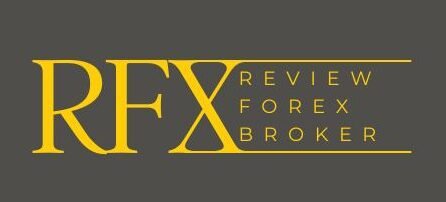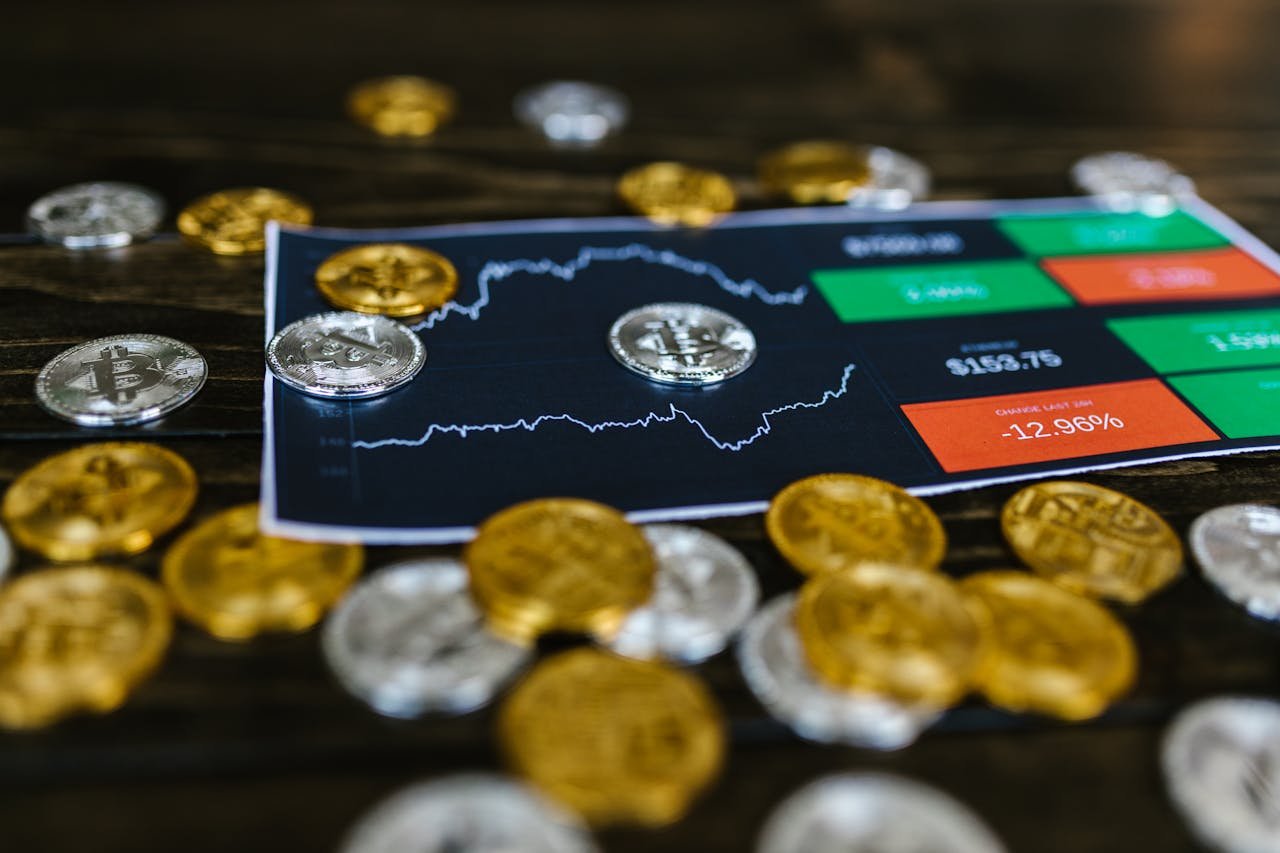Choosing the right Forex broker is one of the most critical decisions for any trader. The broker you select will not only be the gateway to the global currency markets but also play a crucial role in determining your trading success and the safety of your investments. One of the most significant factors to consider when selecting a broker is whether they are regulated or unregulated. Let’s explore the differences between these two types of brokers and why this distinction matters.
What Is a Regulated Forex Broker?
A regulated Forex broker is one that operates under the supervision of a governmental or independent financial regulatory body. These regulatory agencies set strict standards and guidelines that brokers must adhere to, ensuring they operate fairly, transparently, and in the best interests of their clients. Some well-known regulatory bodies include:
- The Financial Conduct Authority (FCA) in the UK
- The Commodity Futures Trading Commission (CFTC) in the USA
- The Australian Securities and Investments Commission (ASIC) in Australia
- The Cyprus Securities and Exchange Commission (CySEC) in Cyprus
Benefits of Trading with a Regulated Broker
- Protection of Funds: Regulated brokers are required to segregate client funds from the broker’s own operational funds. This means that your money is kept in a separate account, ensuring it’s protected even if the broker faces financial difficulties.
- Transparency and Fairness: Regulatory bodies enforce strict guidelines to ensure brokers operate transparently and fairly. This includes providing clear information about trading conditions, fees, and risks, as well as executing trades at fair prices.
- Dispute Resolution: If a dispute arises between a trader and a broker, regulatory bodies often provide a framework for resolving these issues. This can give traders peace of mind, knowing there’s an authority they can turn to for assistance.
- Regular Audits and Compliance Checks: Regulated brokers are subject to regular audits and compliance checks by their respective regulatory bodies. This ensures that they maintain high standards of operation and continue to act in the best interest of their clients.
What Is an Unregulated Forex Broker?
An unregulated Forex broker operates without oversight from any recognized financial regulatory authority. While these brokers might offer similar trading platforms and conditions as regulated brokers, they are not bound by the same strict standards and guidelines.
Risks of Trading with an Unregulated Broker
- Lack of Fund Protection: Since unregulated brokers are not required to segregate client funds, there’s a risk that your money could be used for the broker’s operations or other purposes. In the event of the broker’s insolvency, you could lose your entire investment.
- Potential for Fraud: Without regulatory oversight, unregulated brokers may engage in unethical or fraudulent practices. This can include manipulating prices, delaying withdrawals, or even disappearing with clients’ funds.
- No Recourse in Disputes: If you encounter a problem with an unregulated broker, there is no regulatory body to turn to for help. This leaves you with limited options for resolving disputes, which can be a significant disadvantage if things go wrong.
- Transparency Issues: Unregulated brokers are not required to provide clear and transparent information about their operations. This can lead to hidden fees, unclear terms and conditions, and a lack of clarity about how trades are executed.
Why Do Some Traders Choose Unregulated Brokers?
Despite the risks, some traders are drawn to unregulated brokers, often because they may offer seemingly attractive features such as:
- Higher Leverage: Unregulated brokers may offer higher leverage ratios than their regulated counterparts. While this can amplify potential profits, it also significantly increases the risk of substantial losses.
- Lower Entry Requirements: Unregulated brokers might allow traders to start with lower initial deposits, making them more accessible to beginners or those with limited capital.
- Bonuses and Promotions: Unregulated brokers often entice traders with lucrative bonuses and promotions. However, these incentives usually come with strings attached and may not always be in the trader’s best interest.
The Bottom Line: Regulated vs. Unregulated Brokers
While unregulated brokers might offer attractive conditions on the surface, the risks associated with them often outweigh the potential benefits. Trading with a regulated broker provides a layer of protection, transparency, and trust that is essential in the volatile world of Forex trading.
For most traders, especially those new to the market, the security and peace of mind offered by a regulated broker far outweigh the potential allure of high leverage or bonuses offered by unregulated brokers. Remember, the safety of your funds and the integrity of your trading environment should always be your top priority.

